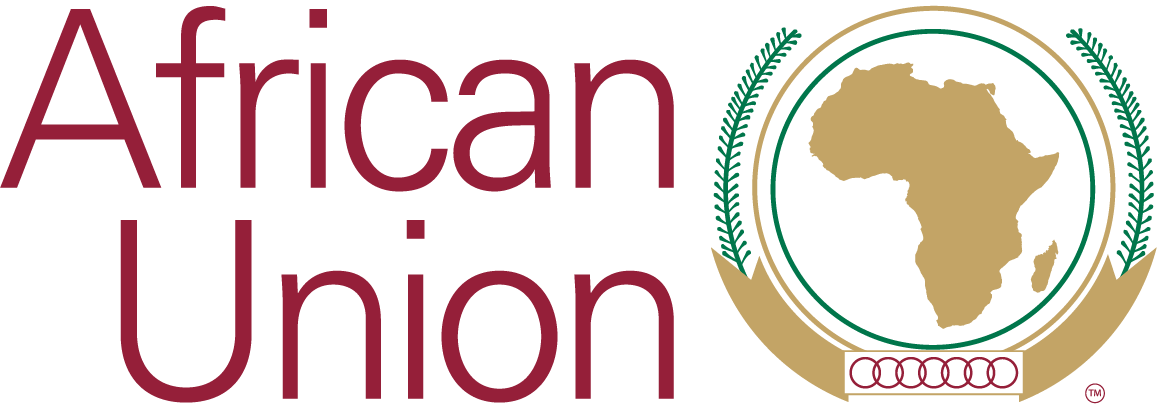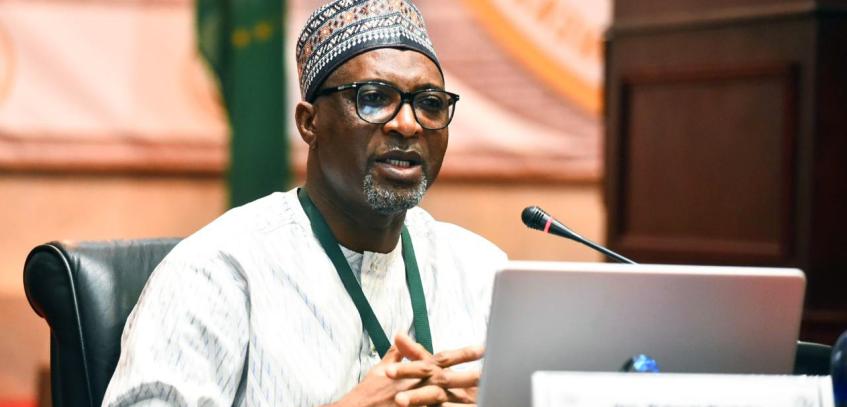The Pan-African Parliament Committee on Monetary and Financial Affairs has issued a call to legislators to closely monitor their national governments' spending and budget allocations on education.
Chairperson Hon. Mubarak Muntaka cautioned that the vision of achieving inclusive and equitable education remains at risk due to reduced government spending on educational activities. He emphasized that governments must prioritize budget allocations and spending on education.
The African Union (AU) has designated education as its theme for 2024: "The Year of Education: Educate an African Fit for the 21st Century: Building Resilient Education Systems for Increased Access to Inclusive, Lifelong, Quality, and Relevant Learning in Africa." President of the Pan-African Parliament H.E Hon. Chief Fortune Charumbira declared that the parliament has also adopted a similar theme in alignment with the AU's mandate.
He stressed the importance of aligning educational priorities with Sustainable Development Goal (SDG) 4, which calls for quality education for all.
Chairperson Muntaka further underscored the importance of prioritizing education to ensure "equitable, inclusive, and lifelong learning" opportunities for all citizens.
He pointed out that the funding model for education should be methodical and institutional, with a reliable revenue base supporting core educational programs across Africa.
"The Education Commission estimates that low and middle-income countries will need to more than double their domestic public expenditure on education from the current US$1.2 trillion to US$3 trillion by 2030, while ensuring more effective financial resource utilization," he added.
Chairperson Muntaka highlighted the educational objectives of all African states, including improving equitable access to quality education at all levels, closing gender gaps in educational access, enhancing teaching and learning quality, and promoting science and technical education.
"The education sector in every nation forms the foundation of human development, productivity, and economic transformation," he asserted.
He noted the global trend of increasing privatization in education, citing the Education for All Global Monitoring Report (2008), which documented a 58% increase in private primary school enrollments worldwide between 1991 and 2004, compared to a 10% increase in public school enrollments.
Recalling the Addis Ababa Agenda, which commits member states to "redouble efforts to sustainably reduce illicit financial flows by 2030, including combating tax evasion and corruption through strengthened national regulation and increased international cooperation," Chairperson Muntaka emphasized that these efforts would free up funds for investment in education.
He believes that effective monitoring by MPs will help address disparities in education access and quality, noting that reduced government spending has allowed the private sector, particularly private schools, to dominate education provision in many African countries, primarily benefiting the wealthy and middle-income earners.
"Most education spending in Africa relies on domestic resource mobilization, particularly through tax revenues. African Union countries lose at least $8 billion annually in potential tax revenue due to aggressive tax avoidance by the wealthiest companies and individuals," he pointed out.
This estimate, he suggested, might be conservative given the Mbeki Panel's findings on illicit financial flows exceeding $50 billion annually.








